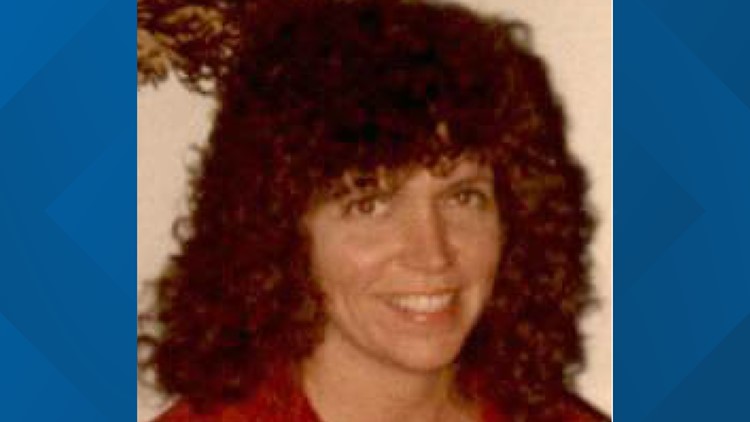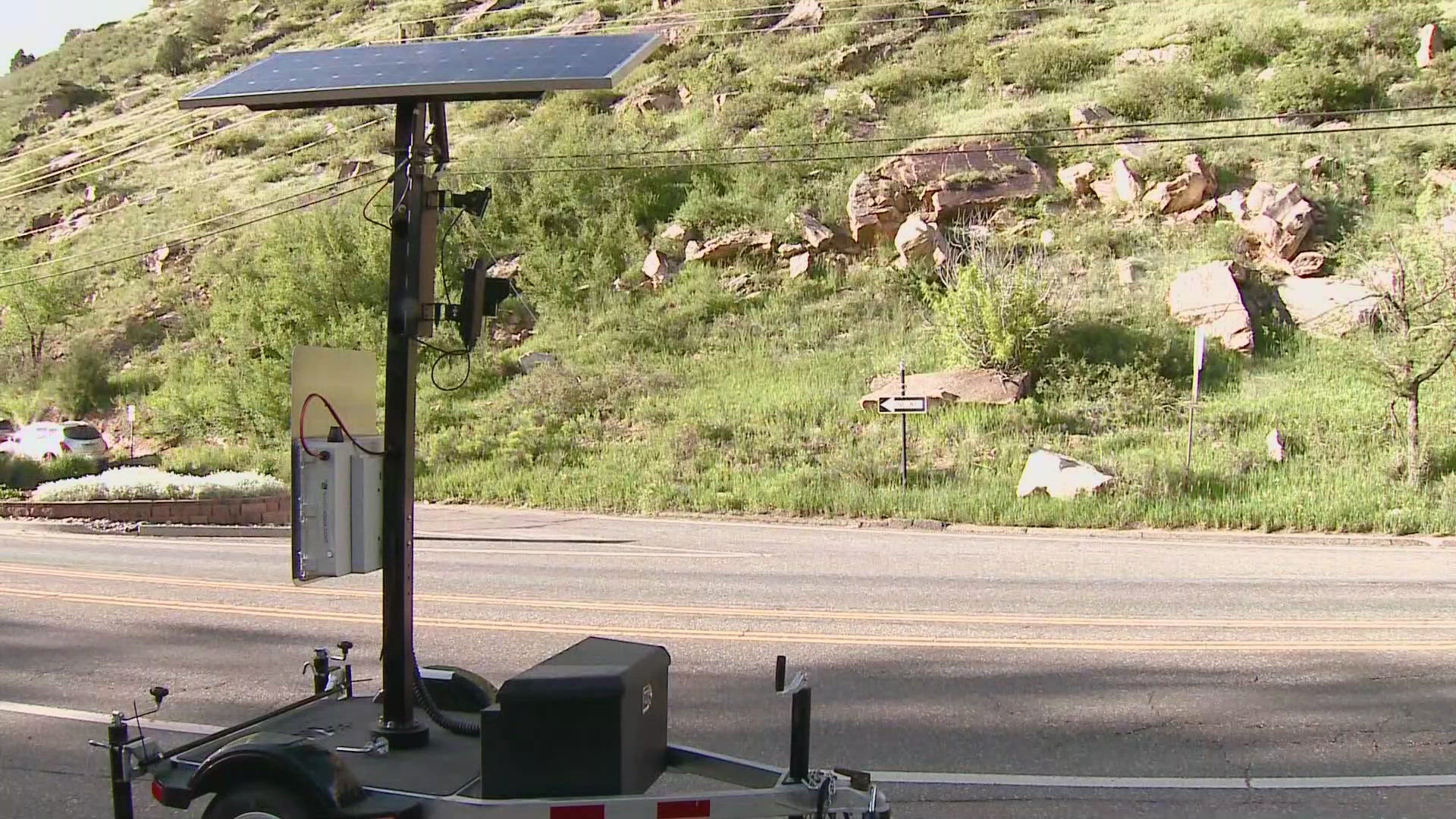WELD COUNTY, Colo. — A man accused of beating and strangling a woman to death in 1979 will be released after he reached a plea agreement with prosecutors amid controversy surrounding the DNA analyst who worked on the evidence.
James Herman Dye pleaded no contest to manslaughter, a class four felony, in the death of 29-year-old Evelyn Kay Day. Two counts of first-degree murder were dropped as part of the agreement.
Dye, who was been in custody since 2021, was sentenced to 977 days in custody. He was given credit for time served and 365 days toward parole for the 1,342 days he spent behind bars since his arrest.
Day was found beaten, sexually assaulted and strangled to death in her car on Nov. 27, 1979, after her husband, Chuck Day, reported her missing. The car was parked the 5700 block of 20th Street, about three blocks away from the Aims Community College campus.
Investigators recovered DNA from her body, and it was determined it did not match her husband.
Cold Case Detective Byron Kastilahn reopened the case in May 2020, and arrest affidavits say it was around that time that the DNA collected from Day's body was submitted to the Combined DNA Index System (CODIS) DNA database. In late August 2020, Kastilahn was notified that the sample matched Dye.
When discussing why the plea deal was reached, prosecutors cited concerns with analysis performed by Colorado Bureau of Investigation DNA analyst Missy Woods.
In 2023, CBI said that the 29-year veteran with the agency was under investigation after anomalies were discovered in her work. Her misconduct has impacted more than 800 cases. That number could grow as a team continues to review paper casefiles from 1994 through 2008.


In court documents, prosecutors in Weld County have said they assume Woods would not be available to testify in this trial because her work is under "intense scrutiny."
Because of Woods' credibility issue, other analysts had to retest the evidence. Prosecutors in Weld County had hoped someone other than Woods would be able to testify about the DNA results from the additional analysis. They had previously filed a motion asking the court to rule on the constitutionality of admitting DNA results for evidence initially handled by Woods but retested by another analyst.
Court documents show the prosecution in Weld County asked the court to rule ahead of trial on whether another DNA analyst at CBI would be allowed to testify to the results of his independent analysis conducted on solutions initially prepared by Woods.
At the time of the initial investigation, Day's husband, Chuck, was the main suspect in her death, according to a release from the sheriff's office. Day maintained his innocence but remained a "person of interest."
During that time, the sheriff's office said detectives engaged in unconventional investigative tactics to try to get Chuck Day to confess to his wife’s murder.
"These tactics would be considered unorthodox at the time they took place, and more so by today’s standards of policing," the release says.
Weld County Sheriff Steve Reams met with Day prior to his death and apologized to him for what occurred and cleared him of all allegations, the release said.
"The current administration of WCSO recognizes the suffering Chuck endured publicly and privately through the initial years of the investigation," the release says. "We offer our sincerest apologies to the surviving family members of Chuck’s family as he passed away in October of this year."



